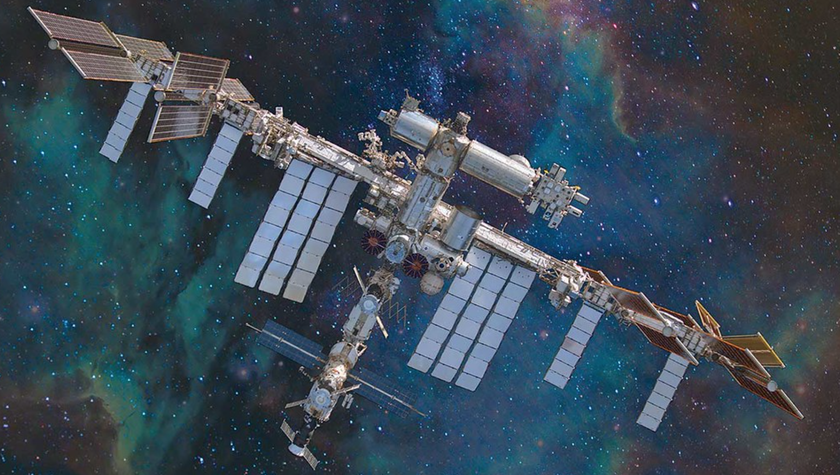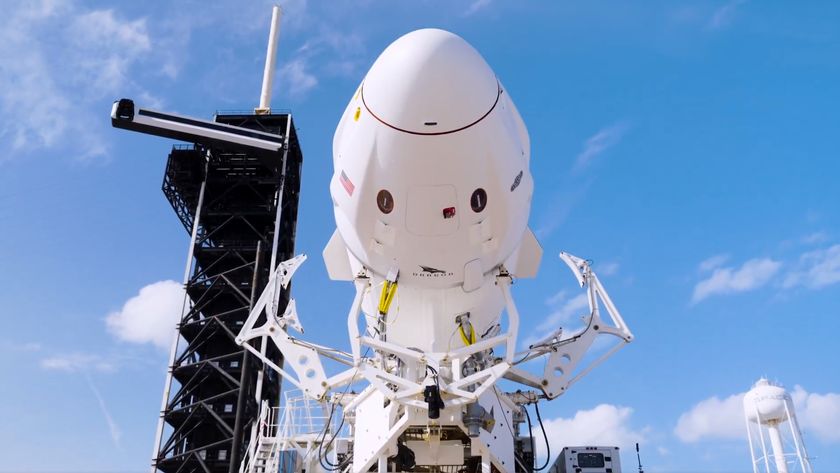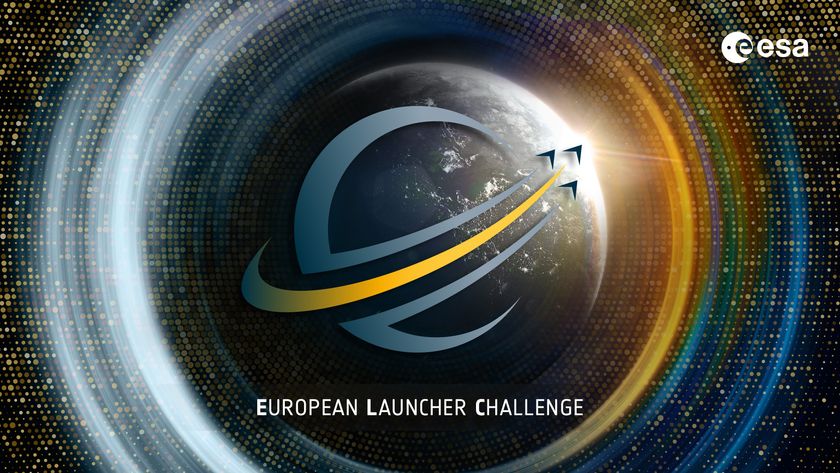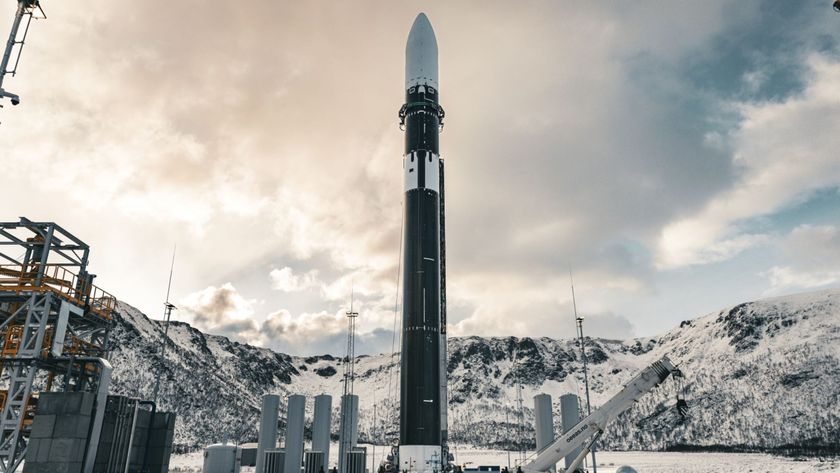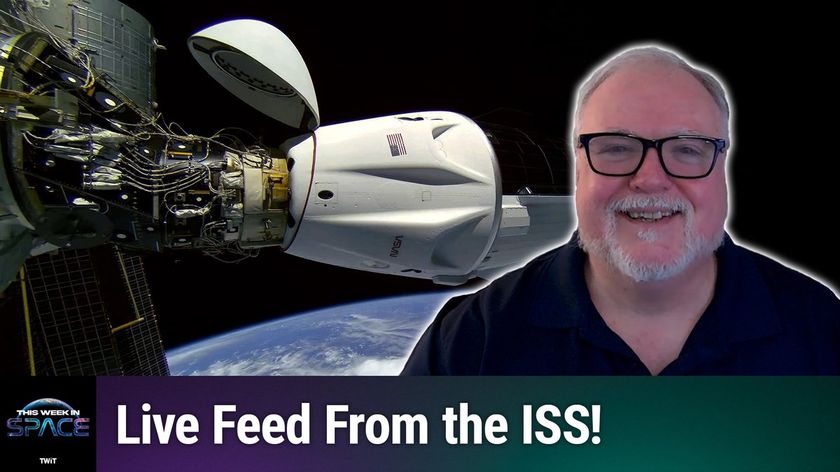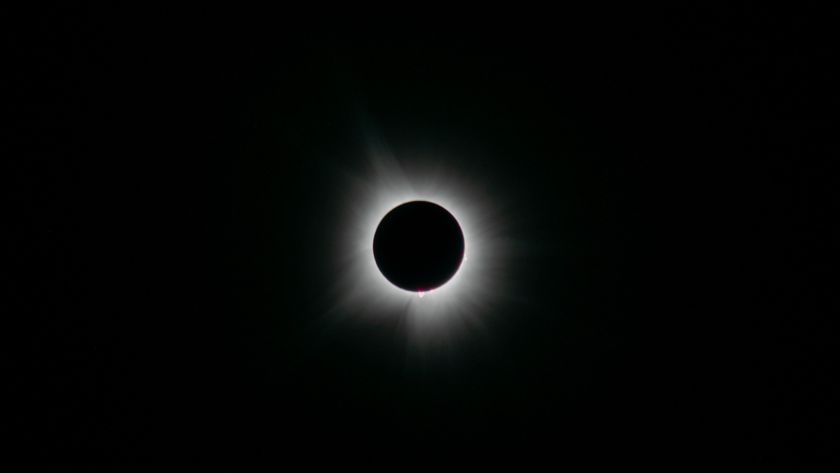Bigelow Calls on Trump to Sharply Increase NASA Spending
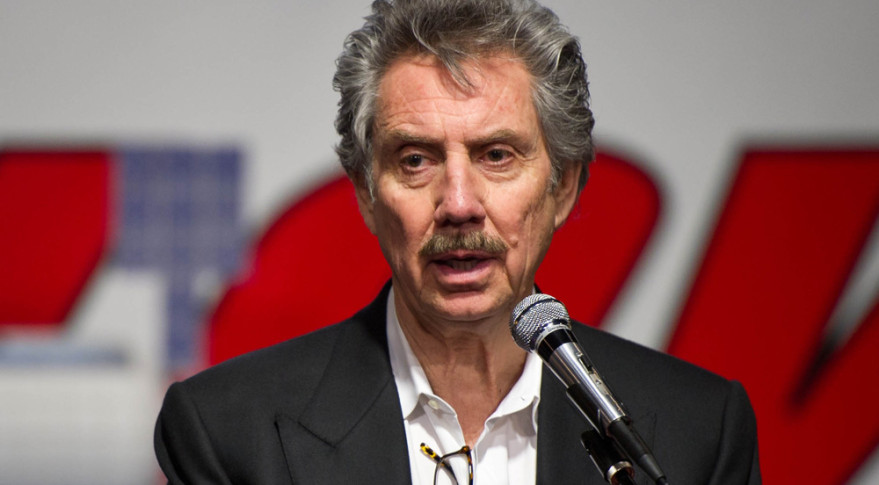
HOUSTON — Space entrepreneur Robert Bigelow said Nov. 17 that he believes that the Trump administration should as much as double NASA's budget in the coming years and make plans for a human return to the moon.
Bigelow, the founder of commercial space habitat developer Bigelow Aerospace, argued in a speech at the Spacecom conference here Nov. 17 that such a dramatic, and arguably long-shot, increase in NASA funding was essential to the future of both the agency's exploration efforts and business plans of commercial ventures, as well as affordable to the nation.
"I propose that NASA should have, beginning in fiscal year 2019, an annual budget equal to at least one percent of total yearly federal spending," Bigelow said. The Obama administration, in its fiscal year 2017 budget proposal, requested $19 billion for NASA, less than half a percent of the overall request of more than $4 trillion. [What a Trump Administration May Mean for NASA]
Part of the reason for the additional funding, he said, is to deal with inefficiencies with some of NASA's programs. "It is no surprise that NASA needs a greater allowance just to offset the politics, much less what's needed to really get going," he said.
The increase would also be used to support more ambitious space exploration efforts by NASA, such as lunar exploration. "The new White House needs to make a real commitment to this nation's space future," he said, specifically citing lunar bases and industrial activity. "The reason I'm focusing on the moon is because the business case for the moon is potentially substantial compared to the business case for Mars, and the financial requirements are of no comparison."
Bigelow said he believed the nation could afford that jump in NASA's budget because he expects economic growth in the country overall to increase significantly after Trump takes office, although he did not elaborate on how he reached that conclusion. "With this increase, the United States can easily afford NASA's one percent, and even more," he said.
In comments after his talk, he said he hadn't been in direct discussions with anyone on the Trump transition team about his proposal. He was also optimistic that the next administration could increase NASA's budget despite dealing with competing priorities, such as infrastructure redevelopment. "If you have a growing economy, it lifts all boats," he said.[The Biggest Space Issues Facing President-elect Donald Trump]
Get the Space.com Newsletter
Breaking space news, the latest updates on rocket launches, skywatching events and more!
Bigelow's support of Trump — he called Trump's election an early Christmas present for the country and for NASA — is not surprising. In January, Bigelow joined the social network Twitter and immediately expressed his support for Trump. "What this country needs is an inspirational space program. I'll bet @realDonaldTrump could do it," he tweeted.
Bigelow was not the only person at the conference to support significantly increasing NASA's budget. "NASA receives a pittance of the federal budget," said Rep. Brian Babin (R-Texas), chairman of the House space subcommittee, in remarks delivered by video at the conference Nov. 15.
Babin, though, was not optimistic about a doubling or any other large increase for the agency. "As much as I would be thrilled to see NASA's budget double, we have to be realistic, and ensure that the taxpayers' dollars we currently receive are prudently focused on the right missions," he said.
Separate from the budget, Bigelow discussed the growing commercial role in low Earth orbit and the transition he sees from government-led operations of the International Space Station to eventual commercial space stations. Bigelow Aerospace has long proposed the development of such stations as well as, more recently, the addition of a commercial module to the ISS.
"The decisions made in the next couple of years will shape the rest of human spaceflight for decades to come," he said. "How NASA transitions out of LEO, affecting costs and commercial markets, is arguably the most important decision that impacts progress for human spaceflight."
This story was provided by SpaceNews, dedicated to covering all aspects of the space industry.
Join our Space Forums to keep talking space on the latest missions, night sky and more! And if you have a news tip, correction or comment, let us know at: community@space.com.

Jeff Foust is a Senior Staff Writer at SpaceNews, a space industry news magazine and website, where he writes about space policy, commercial spaceflight and other aerospace industry topics. Jeff has a Ph.D. in planetary sciences from the Massachusetts Institute of Technology and earned a bachelor's degree in geophysics and planetary science from the California Institute of Technology. You can see Jeff's latest projects by following him on Twitter.

